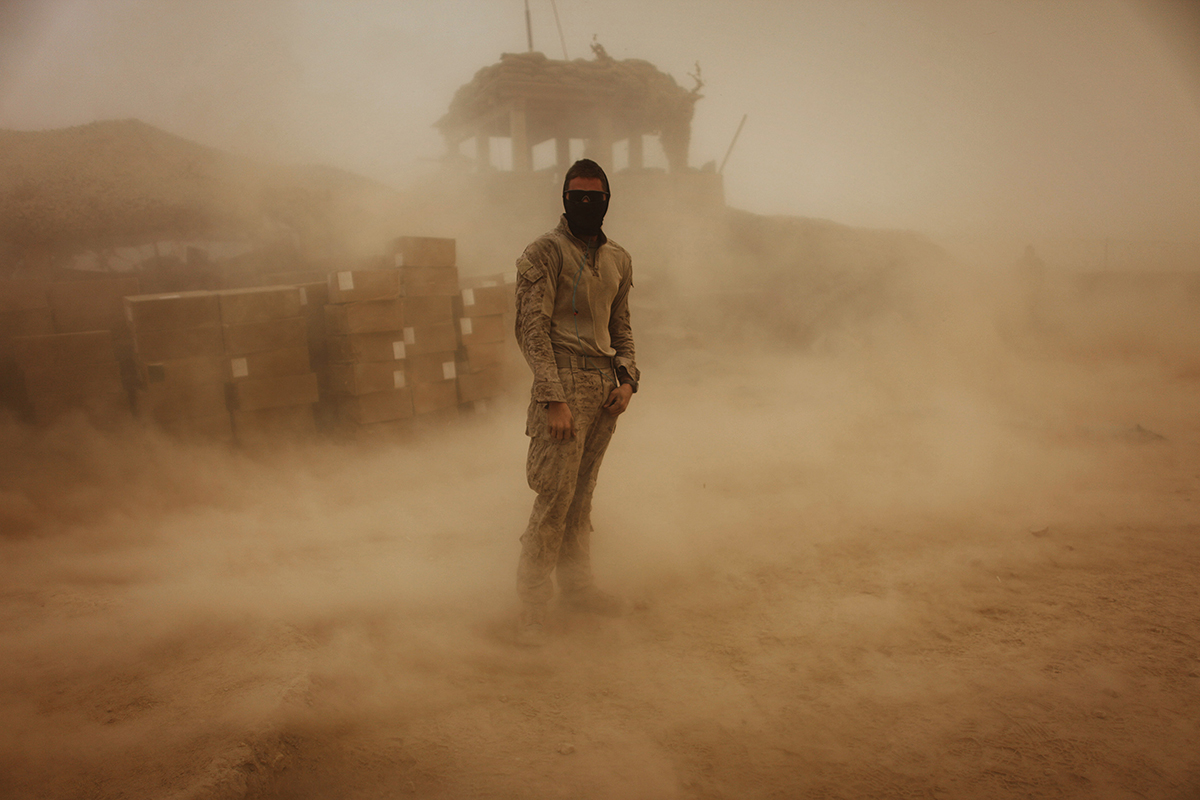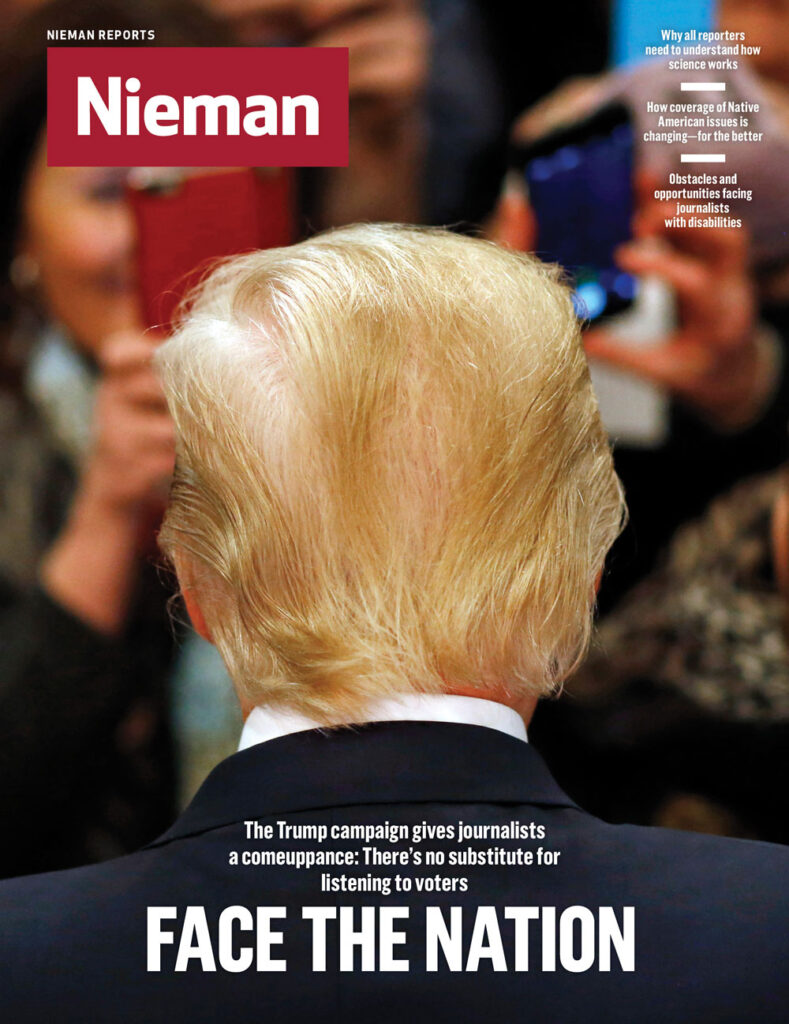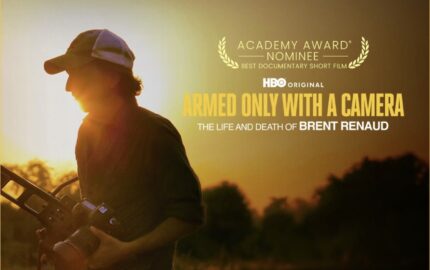When I met Sgt. Thomas James Brennan at a remote combat outpost in Afghanistan’s Helmand Province in 2010, I was an embedded Reuters photographer and he was the leader of Third Platoon, Fourth Squad, Alpha Company, First Battalion, Eighth Marines.
The rails of my camp cot were inches from Brennan’s bunk under an open desert sky and, for several weeks, we spent the long hours before falling asleep each night talking about war, the impact it has on people, and the gap that exists between civilians back home and those who have fought overseas on their behalf.
Back then, Brennan saw me—the reporter and photographer—as the bridge connecting military and civilian worlds through my stories and pictures. But in the intervening years, he has left the Marine Corps and has himself become a journalist devoted to covering the aftermath of America’s recent wars.
He is now building an online investigative journalism initiative and community called The War Horse, aimed at addressing the need for a deep and inclusive public discussion about the social impact of America’s post 9/11 conflicts. A Kickstarter campaign has been launched to help fund the non-profit venture.
I will be The War Horse’s advisor on visual storytelling, ensuring the quality and authenticity of images and videos on the site, while other advisors, including Boston Globe columnist Kevin Cullen, NF ’03, and Columbia University’s Bruce Shapiro, will advise on investigative content and ethics, respectively.
Brennan’s transition hasn’t been easy. I was with him on a combat operation when an explosion from a rocket-propelled grenade injured him during a Taliban ambush. We remained in contact upon his return home to the US, and through his struggles with a brain injury caused by the blast. Brennan, who also served a combat-heavy tour during the Battle of Fallujah in Iraq in 2004, was diagnosed with post-traumatic stress disorder and medically retired from the Marine Corps in 2013.
Six years after we first started talking about war, Brennan and I are still discussing its impact as we work together
Forced to confront difficult realities as a civilian, Brennan turned to writing as a way to process his experiences. He documented his struggles in a moving series of articles for The New York Times At War blog, and wrote about what it feels like to kill, and about his downward spiral to a suicide attempt. Despite his personal challenges, Brennan last year earned a master’s degree from Columbia Journalism School, where he was a Stabile Investigative Journalism Fellow. His work has won a handful of awards and, six years after we first started talking about war, we’re still discussing its impact as we work together on our forthcoming book, “Shooting Ghosts” (Penguin Random House 2017), about the psychological costs of war.
There are lots of things Brennan and I disagree on—gun control, smoking, and the merits of Fox News—but we do agree on the need for a lively debate about war and trauma, and the need to hold to account a dysfunctional government bureaucracy that has failed to deliver adequate health care to those who have served. It may be an unusual twist for a Marine who I met on an Afghan battlefield to have turned the tables and become embedded in the media, but who better to drive the conversation about the aftershocks of war?




